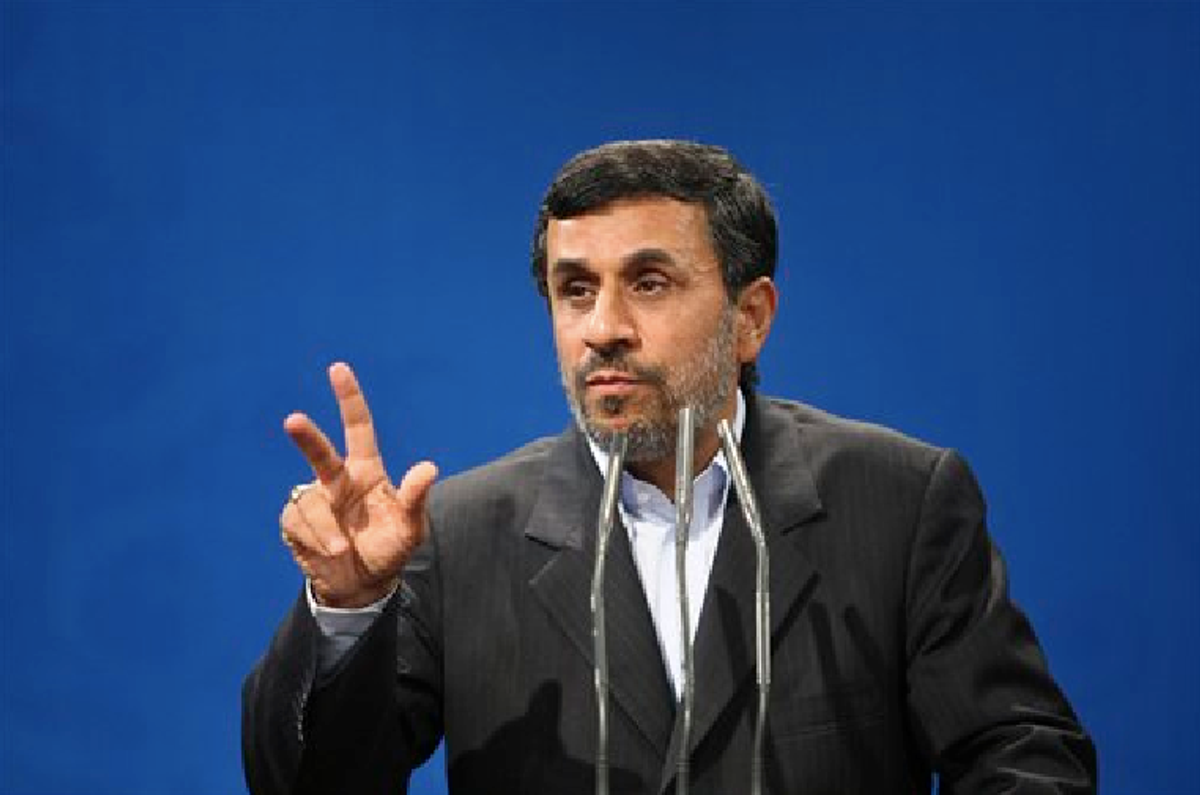(updated below - Update II)
One of the most significant foreign policy controversies of the 2008 presidential election centered around Barack Obama's pledge "to meet separately, without precondition" with the leaders of Iran, Syria, Venezuela, Cuba and North Korea. That seemingly off-the-cuff vow in response to a questioner at a July, 2007, Democratic primary debate was used first by Hillary Clinton, and then by John McCain, to depict Obama as naive, irresponsible, radical and -- most ominously -- overly sympathetic to America's enemies (some liberal pundits echoed some of the same criticisms, while Mitt Romney is still trying to exploit that statement for those ends).
At the time, Chris Matthews pointed to this controversy, with his typical insight and prescience, to claim that Obama was too far to the left and it showed why "Hillary will win this thing" (Matthews: "They‘re putting this guy, whose middle name is Hussein, out there, saying he wants to go play in the sandbox with a holocaust denier. That‘s brilliant politics if you‘re a Democrat"). When the controversy first arose, I vigorously defended Obama's pro-negotiating position, pointing out that a plurality of Americans and a majority of Democrats were in favor of having the next President meet unconditionally with those leaders, and I further argued that "it is a petulant refusal to speak to the Bad People that is the real fringe, dangerous, extremist position."
But we have now a great irony: America's increasingly tense and dangerous conflict with Iran is characterized (one could even say caused) by the unwillingness of the Obama administration to engage meaningfully with Iran's leaders. After a few early, symbolic gestures, it has been the administration's refusal to pursue the most fruitful path for resolving the various disputes between the two nations -- namely, direct negotiations and diplomacy -- that is most responsible for the stand-off. As preeminent Iran expert Vali Nasr -- the former Obama State Department advisor and current Tufts University Professor of International Politics -- brilliantly explains in this six-minute interview, one I urge everyone to listen to, this anti-negotiating stance has rendered an escalating sanctions regime the only available course short of war, one that is highly unlikely, Nasr argues, to resolve the dispute, but instead is far more likely to lead to war (unintended or otherwise, especially in an election year). Just please listen to Nasr's argument and make your own assessment:
UPDATE: If there's anyone doubting that there is a concerted media-aided fear-mongering campaign aimed at Iran, consider two article from today; first, this monument to mindless stenographic journalism, by The Washington Post's Greg Miller:
It begins with this warning: "U.S. intelligence agencies believe that Iran is prepared to launch terrorist attacks inside the United States in response to perceived threats from America and its allies," and adds that this "signals a potentially dire new direction in the adversarial relationship between the United States and Iran." Dire. Then we have this, from Foreign Affairs today:
So, to recap: Iran is working closely with Al Qaeda and is ready to launch Terrorist attacks inside the U.S. Is it that hard to come up with new propaganda? Is recycling scary storylines really the best that can be done?
UPDATE II: In Salon today, Trita Parsi, president and founder of the National Iranian American Council, argues that "the pressure Obama has imposed on Iran has only brought the US and Iran closer to war and has not led to the resolution of even a single issue of concern" and:
Obama has completely bought into the idea that a “strong” Iran policy is one that is tough, punishing and confrontational. As on so many other issues, Obama has permitted the debate to take place on the Right’s turf. In doing so, he has betrayed his own platform of pursuing “smart” rather than just “tough” policies.
Parsi's whole argument is worth reading, and is quite similar in key respects to the points made by Nasr.





Shares